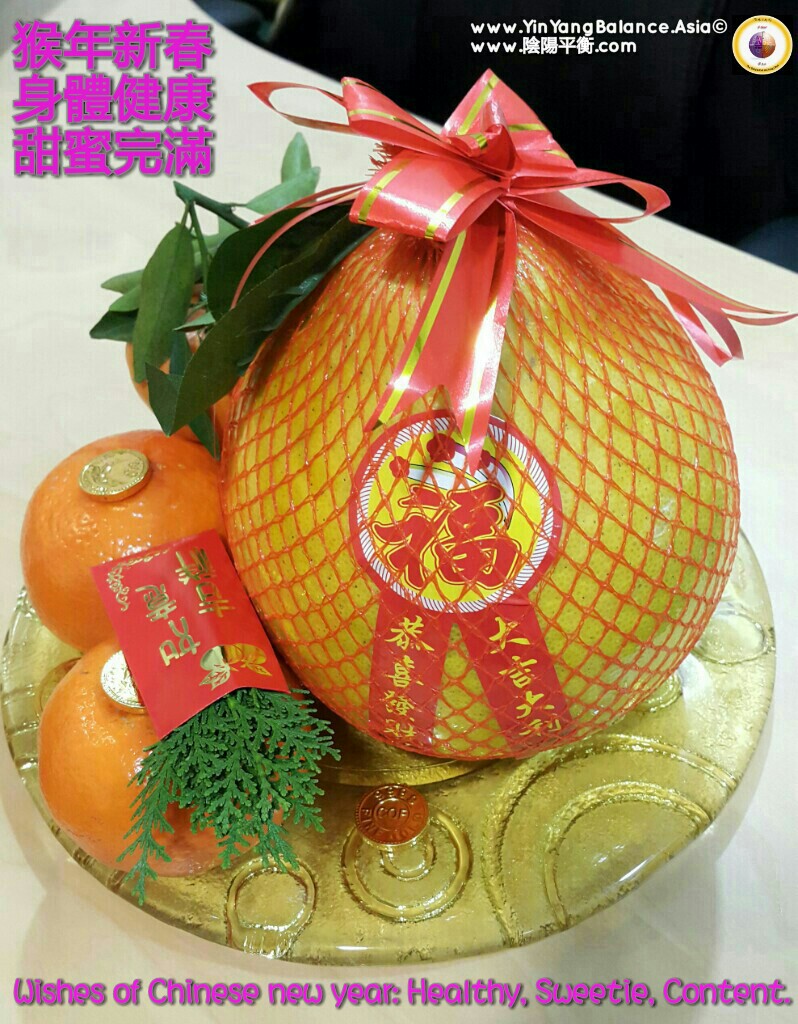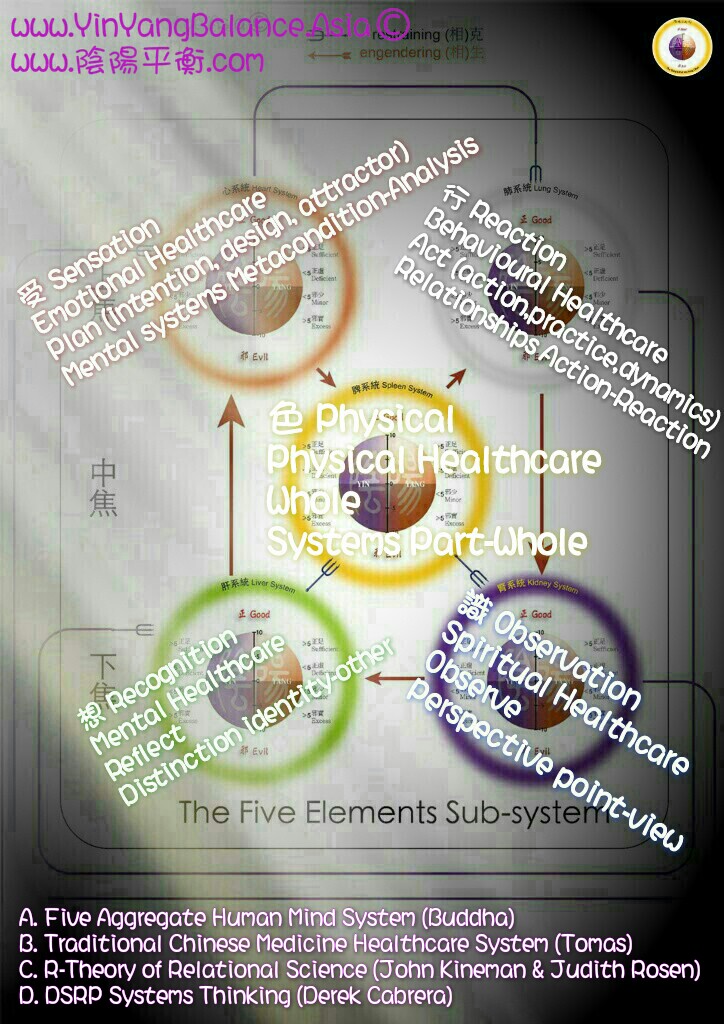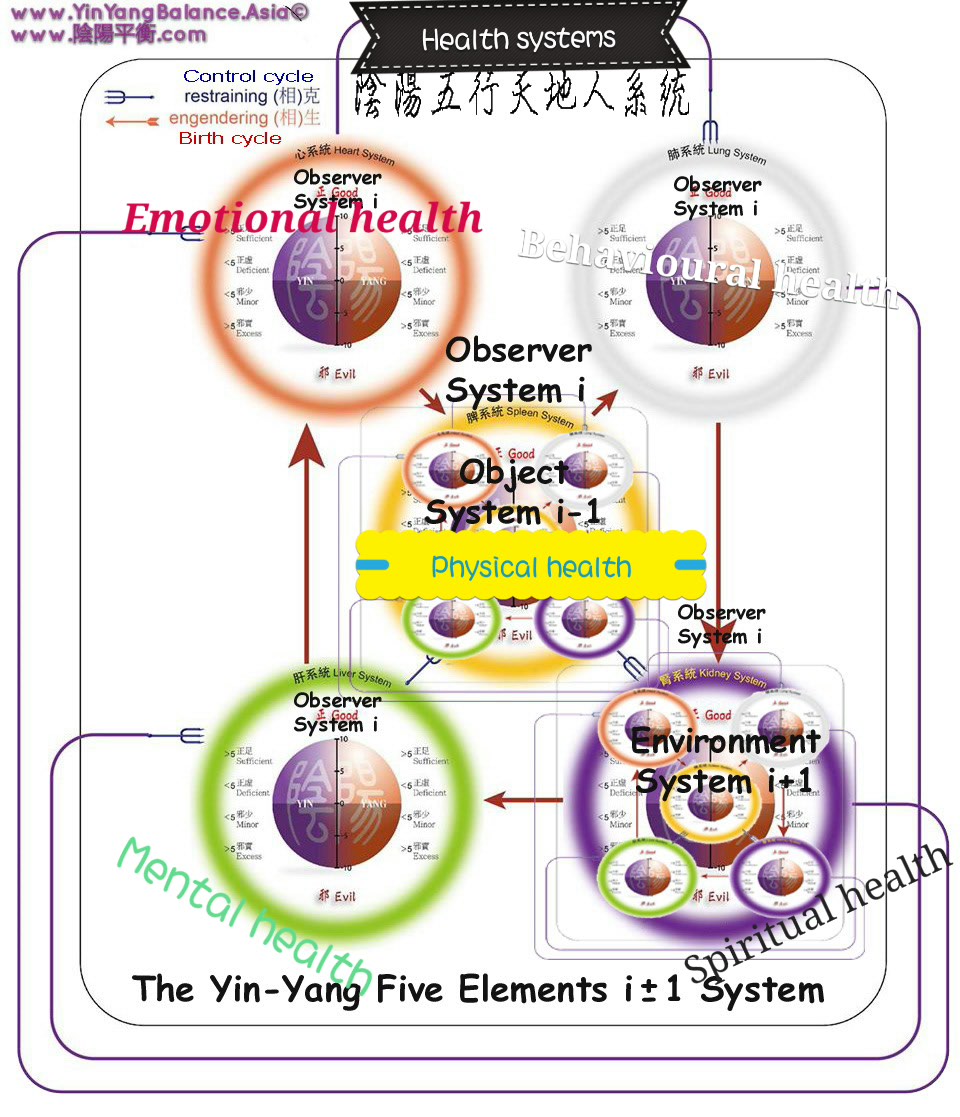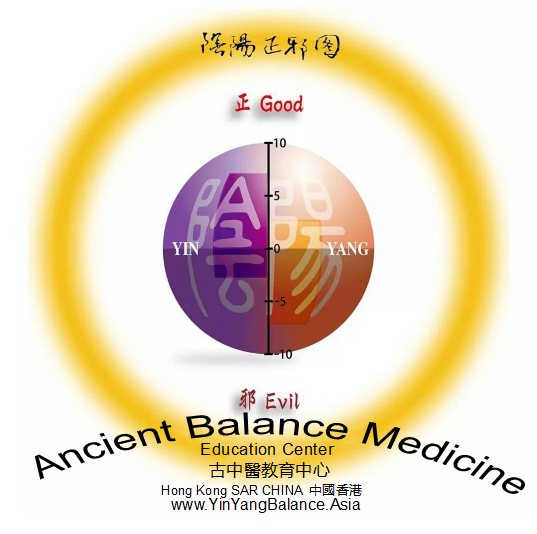TCM Systemic Healthcare Engineering 中醫系統養生工程學 #ISSS2016 : Chinese New year 農曆新年
2016 February 08Wishes of Chinese new year: 猴年新春
Healthcare successful! 養生成功
physically strong 修身健康
emotionally happy 修心受樂
mentally kind 慈悲養性
behaviorally charitable 修行為善
spiritually enlightened 正見靈修
 International Society for the Systems Sciences
International Society for the Systems Sciences
60th Annual Meeting of the International Society for the Systems Sciences and 1st Policy Congress
Paper #2882
Systemic wishes for the Chinese New Year to you all! According to the Five Aggregate Human Mind system developed by Buddha, our minds are composed of five systems. Systemic Healthcare is about balancing each one of these systems, and balancing between the systems. The ultimate goal is to live healthily so that we can work and play and achieve our tasks in life. Let us examine the wishes and present an introduction to the way to achieve them.
http://www.yinyangbalance.asia/blog/?p=2228 [中文版本] [Facebook Like]
Chinese people believe that planning should be done at the beginning of the year and the beginning of the day. During Chinese New Year, people in China make good wishes for themselves and for others, and only auspicious words should come out of their lips. They have special blessing phrases usually comprising four Chinese characters. Let us find out how all these wishes can come true.
The basic essentials in life include clothing, food, housing and transportation. In the Confucian classic, one of the disciples once said “Food and sex are basic instincts of human beings”. The desire for food ensures the physical survival of oneself, and the instinct on sexual desire makes sure the continuation of the family, clan and race. In order to have a stable flow, better basic essentials are required. They are usually related to the following four-character blessing phrases.
豐衣足食《戰國策。秦策五》 Plentiful clothing and abundant food supply.安居樂業 Comfortable living and good career行動方便 Convenient movement交通方便Convenient transportation四通八達Unobstructed spatial connection朝發暮至《後漢書。烏桓傳》Speedy connection from one place to another
These desires stimulate the research into efficient and effective methods for good survival and continuity, and part of the Traditional Chinese Medicine (TCM) Healthcare is about physical body healthcare. Here we will try to match it with the physical component of the Five Aggregate Human Mind System developed by Buddha. TCM healthcare can be divided into three different secret ingredients.
The first ingredient is the TCM diet which includes the technique of having “ample food”. The essence of the TCM diet is their categorization of food into COLD, COOL, MILD, WARM and HOT, which also extends to the same categorization of herbs. TCM names this extension “The common source of food and herbs”. Using the 3D Superficial-Internal, Cold-Hot, and Deficient-Excess spectrums co-ordination system, one can perform the Differential-diagnosis to determine the state (position) of the body, and hence the corresponding healthcare food.
In order to have convenient movement and transportation, and unobstructed spatial connection, one needs good ability for physical body movement. Therefore the second part of the TCM Healthcare secret is the TCM exercise therapy – Open and Close 21 form. This includes the essence of the popular traditional Chinese Taichi Kung Fu. We filter away the fighting techniques and leave only those forms that can train all the joints of the human body for speedy recovery from pain caused by tendon injuries and physical sickness.
After handling the instinct for food, now let us investigate the issue of sexual impulses. The common definition of sex is impulses generated by the sex organ causing emotional desire of the mind (heart) followed by the act of sexual intercourse. The definition of sex can be expanded into a wider and more general basis as craving impulses of the mind for continuation of the family, clan and race, which then generate emotions to make love. Such craving gives rise to the study into effective and efficient strategies for sustainment of families, countries and the world, as in the teaching of Confucianism. These Healthcare strategies are included in the third part of the secret – Lifestyle Healthcare.
Craving impulses stimulate the attainment action in our behavior. The “Twelve casualty cycle” in the teaching of Buddha points out that “craving” and “desire to attain” are two of the immortal seeds in the cycle. Similar teaching also appears in the teaching of Laozi (Lao Tsz 46): “No disaster is greater than being discontented. No catastrophe is greater than having unlimited desires. Contentment of oneself deriving from the feeling of not wanting more things will always make one feel satisfied at all times”.
Therefore the next step after physical healthcare is emotional and mental healthcare, both of which are usually linked in Chinese culture. Here we try to match the emotional healthcare with the heart system, i.e., the “sensation aggregate”, and also match the mental healthcare with human character, the liver system, i.e., the “perspective aggregate”, of the Five Aggregate Human Mind System developed by Buddha.
The goal of emotional healthcare is to remain undisturbed by negative emotions thus falling into a vicious cycle. One should instead consistently concentrate on positive emotions, gradually and naturally resulting in the distillation of happy emotions and pleasant bodily sensations.
Mental Healthcare aims to improve one’s habitual love and hate tendencies. We should eliminate feelings of jealousy for the rich and contempt for the poor. One should also forsake employing improper means purely to succeed. Nor should one selfishly seek pleasure at the expense of the feelings of others. In contrast we should develop our love towards the four pure characteristics in the teaching of Buddha, and relinquish the three evil toxic characteristics of human, namely craving, aversion and ignorance. The four pure characteristics can be simply understood as “unconditional love” towards others, mercy on the elderly and weak, sympathetic joy of sharing, and acceptance of the reality of life and human relations.
Behavioral Healthcare is about our action, and we try to match it with the “Action Aggregate” of the Five Aggregate Human Mind system of the teaching of Buddha. Buddha divides the Action Aggregate into three different kinds, namely the bodily action, the verbal action and the mental intention action (brain wave? energy field?). The teachings of Buddha include: “Do not withhold an action because it will only do little good, and do not perform an action because it will only do little evil”. Therefore we should choose only charitable actions with goodwill. Only such actions could achieve the traditional Chinese wish of “Everyone embraced in one harmonious Qi”. The definition of being healthy by the World Health Organization, WHO, includes healthiness in three aspects, namely the physical, mental and “social”.
Spiritual Healthcare is about the improvement of our in-born characteristics, possibly hidden in our physical DNA or our energetic “spirits” fields (Aura?). We now try to match this with the “Observation Aggregate” of the Five Aggregate Human Mind system in the teaching of Buddha. Here we must put our foundation in the fundamental teaching of Buddha in the “Four Nobel Truth”, guided especially by the “Right View” and “Right Thought” in the “Eight-Fold Nobel Path”, which is the fourth part of the Noble Truth.
In summary, we have, in our lives, all experienced “I failed as much as I have succeeded. (Dicky Fox in movie Jerry Maguire 1996)”, and the pain of aging, sickness and death of our loved ones. From these experiences we should try to realize the truth of “Dissatisfaction (Suffering)”. Our experience also shows that unexpected changes in people and events around us would stimulate unexpected emotions and bodily sensations within us. We should from these experiences come to realize the truth of “Impermanence”. In Behavioral Healthcare we practice the act of helping others unconditionally with different degree of sacrifices. We should from these experiences come to realize the truth of “Egolessness”. And in short, we should live in the present moment (awareness), happily accept the karma and reality (equanimity), live our lives properly (Right Livelihood), respect others (sympathetic joy), have mercy for the elderly and the young (Compassion), and love others unconditionally.
To be continued… keep an eye on our social media.
Healthcare and Meditation are complicated knowledge. Here we are barely presenting an introduction. To learn properly, you should consult your teachers and masters in Confucianism, Buddhism, and Taoism, and Chinese Medicine Practitioners (E C), and other professionals.
More wishes for you: Healthcare successful!
Smiling at all times, Satisfactory progress academically, Shinning on you from your lucky star, Peace for the elderly and the young, Healthy physical growth, Dreams come true, Safe Travelling, Tranquility for all seasons, Immortality with the Universe, Coverage in a Harmonious Qi, Wishes for perpetual happiness and pleasantness, Youthfulness forever, Good appetite is good karma, Strong team and equipment, Five blessings knocking on your door, Energetic like the shining star, Happiness in the New Year, Smart and presentable, Lucky redness glowing on your face, Welcome the Spring and receive good luck, Achieving success according to your wishes, Develop Spectacular and outstanding skills, Good circulation of Fung Shui

References:
Comparison of four different systems theory
A. Five Aggregate Human Mind System (Buddha)
B. Traditional Chinese Medicine Healthcare (Tomas)
C. R-Theory of Relational Science (John Kineman & Judith Rosen)
D. DSRP Systems Thinking (Derek Cabrera)
sub-system 1
A. 色 Physical
B. Physical Healthcare
C. Whole
D. Systems Part-Whole
sub-system 2
A. 識 Observation
B. Spiritual Healthcare
C. Observe
D. Perspectives Point-View
sub-system 3
A. 想 Recognition
B. Mental Healthcare
C. Reflect (meaning, goal, exemplar)
D. Distinctions Identity-Other
sub-system 4
A. 受 Sensation
B. Emotional Healthcare
C. Plan (intention, design, attractor)
D. Mental systems Metacondition-Analysis
sub-system 5
A. 行 Reaction
B. Behavioural Healthcare
C. Act (action,practice,dynamics)
D. Relationships Action-Reaction
C. R-theory, Relational Science, Anticipatory system
1-observe (object,result,condition)
2-act (action,practice,dynamics)
3-plan (intention, design, attractor)
4-reflect (meaning, goal, exemplar)
5-whole
D. DSRP systems thinking
Sub-system (Yin-Yang)
Mental systems (Metacondition-Analysis) (Suggested by Tomas)
Perspectives (Point-View)
Relationships (Action-Reaction)
Systems (Part-Whole)
Distinctions (Identity-Other)





 古中醫學會心對心
古中醫學會心對心 微博 炎黃子孫共振中醫
微博 炎黃子孫共振中醫 古中醫教育中心面對面
古中醫教育中心面對面 古中醫教育中心 Our Website
古中醫教育中心 Our Website